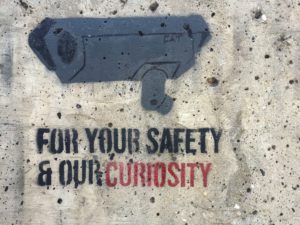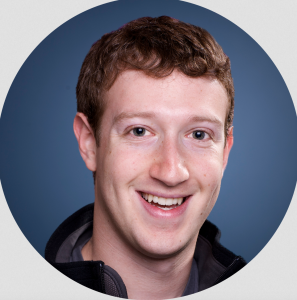Last week, the FCC reversed the 2015 Net Neutrality Act and contrary to popular misconception, the internet did not disappeared. In fact, there has been a lot of disinformation or phacts as we now like to call them (in print, at least), as they bear little or no resemblance to the real thing, surrounding NN.
As for that so-called last mile, as Wired pointed out in 2014, prior to the first NN vote, in What Everyone Gets Wrong in the Debate Over Net Neutrality, “The net neutrality debate is based on a mental model of the internet that hasn’t been accurate for more than a decade. We tend to think of the internet as a massive public network that everyone connects to in exactly the same way. We envision data traveling from Google and Yahoo and Uber and every other online company into a massive internet backbone, before moving to a vast array of ISPs that then shuttle it into our homes. That could be a neutral network, but it’s not today’s internet… Ten years ago, internet traffic was “broadly distributed across thousands of companies,” said Craig Labovitz (CEO of DeepField Networks, an outfit whose sole mission is to track how companies build internet infrastructure) “..But by 2009, half of all internet traffic originated in less than 150 large content and content-distribution companies, and today, half of the internet’s traffic comes from just 30 outfits, including Google, Facebook, and Netflix… Because these companies are moving so much traffic on their own, they’ve been forced to make special arrangements with the country’s internet service providers that can facilitate the delivery of their sites and applications. Basically, they’re bypassing the internet backbone, plugging straight into the ISPs (and) essentially rewired the internet.” Read More...





